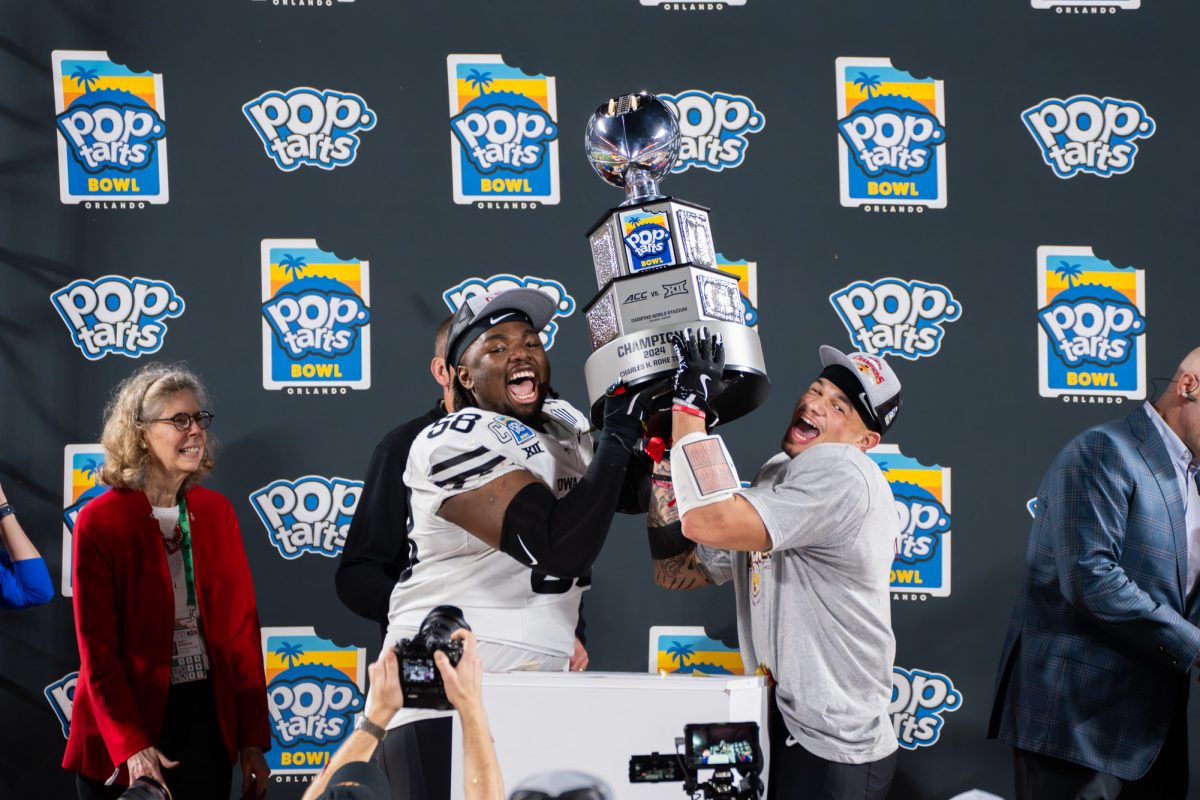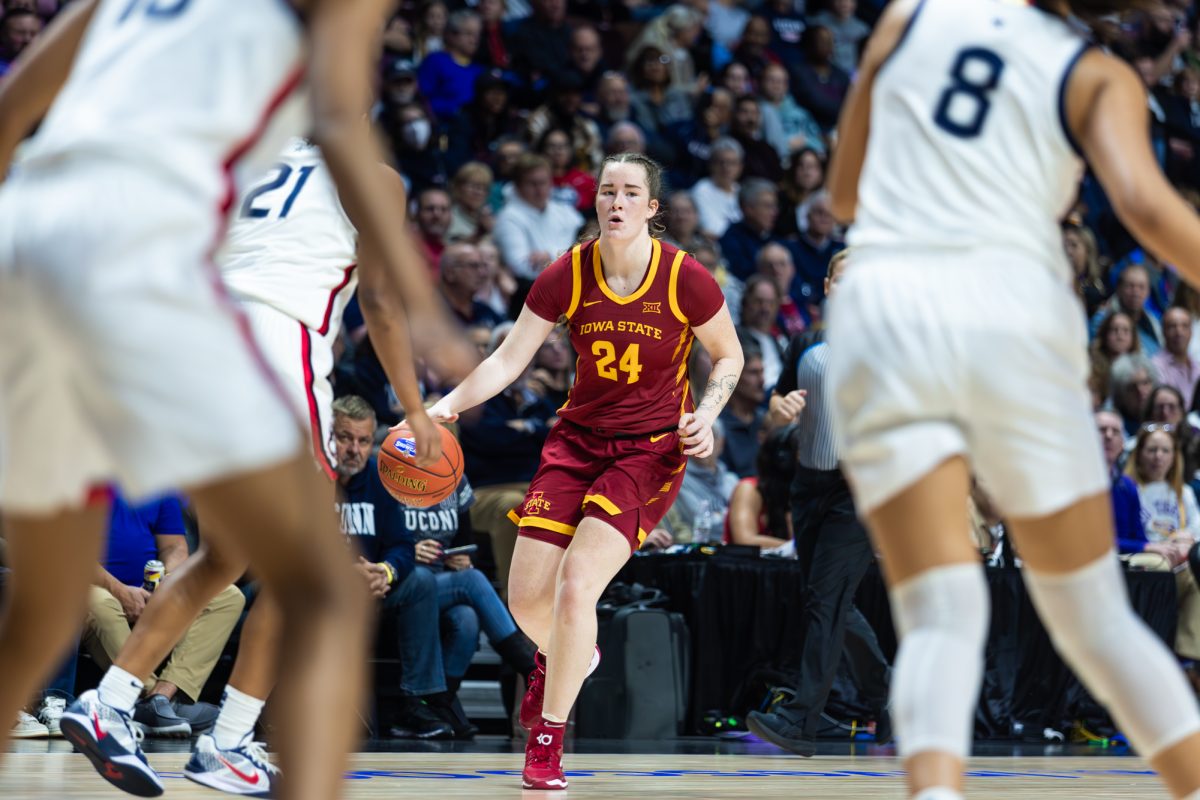Home is where the hot plate is
November 13, 2000
I hadn’t eaten poultry in months when last November, en route to Nairobi, I saw three turkeys half-heartedly pecking at the side of the road. I suddenly realized Thanksgiving was nearly upon us, and no one around me was even aware of it.
I was 8,000 miles away from Grandma’s gravy, Mom’s cranberry salad and my entire extended family. That Thursday in November was just another day of exams at Jomo Kenyatta University — just another normal day of college life. I was the only American there and among the things that made me foreign was this holiday that wasn’t on the Kenyan calendar.
I enlisted the help of my omnipresent sidekick, Tony, to help work out the details. Thanksgiving was coming to Kenya.
In the dorm room I shared with Mwende, we had a contraband two-burner hot plate, a couple of pans and some random dishes.
Immediately, certain traditional Thanksgiving dishes were ruled out; I had no way to bake or refrigerate any food. I was undaunted.
As long as I prepare a special meal, I thought, they will never know the difference.
Thanksgiving Day, I should have been studying for my exams, but I was on a mission. The local market, the source of my food for the entire semester, was sadly lacking in certain Thanksgiving staples. I bought peas, onions, potatoes and carrots.
I spent the afternoon making a sort of stuffing on my hotplate, peeling potatoes and washing the vegetables. Around five, Tony stopped by.
While I was in the throes of preparing Thanksgiving dinner on a forbidden hotplate that sat on the floor of my dorm room, Tony went on a mission for roasted corn and the main dish: chicken.
He had surprised me earlier in the week with a can of jelled cranberries from a supermarket in Nairobi; I’m sure he had to scour the store for them, and they probably cost a fortune, but I think he understood what it was to be so far from home and have comfort in a small thing which was familiar.
The guests arrived shortly thereafter — dear friends who had taken me in and nourished my soul in the time I was a foreign student among them. We sat on the two beds in our dorm room, and I was amazed to be sharing this holiday with some of the most influential people in my life in Kenya. Muigai and Vince, the inseparable civil engineering students who had shared many moments of discussion and laughter; Faith, who had taken care of me on a field trip; Mwende, the roommate who had shown me the realities of Kenyan life; and Tony, the sort of friend you pray that you’ll meet once in your life. “So tell, us Wanjiku,” said Vince, using my nickname, “What exactly is this Thanksgiving all about?”
My friends had seen references to the holiday on American TV shows, but they hadn’t learned the history behind it.
I began to explain the story of the first Thanksgiving, when the Pilgrims held a celebration to give thanks for the blessings they had received in their new lives in a foreign land.
How they invited their friends, the Native Americans to share a feast with them to tell them of their appreciation.
I told them that during the Civil War, President Lincoln declared Thanksgiving a national holiday.
I told them that now, on Thanksgiving, we gather with the people we love most to share a special meal and hopefully reflect on what the year has brought us. The discussion turned to what we were each thankful for, and as I gazed at my dear friends, I was overcome at the irony of the situation.
A foreigner arrives and depends upon the kindness and friendship of the people. They become friends and at the end of the year, rather than looking back on the trials and frustrations of the new land, they gather to celebrate in thankfulness for their blessings.
This year, I will rejoin my family for our traditional Thanksgiving meal. I will trade last year’s pineapple for pumpkin pie.
I will not involve contraband cooking equipment or skip class.
However, I will include in my litany of thanks those friends who saw beyond my foreign accent and skin color and helped me acclimate to Kenya with their assistance and love.
“Hey Wanjiku,” Muigai said. “You never know, but maybe next year I’ll just knock on your door in America and show up for Thanksgiving dinner.”
Karibu sana. That’s Swahili for “You are always welcome.”






